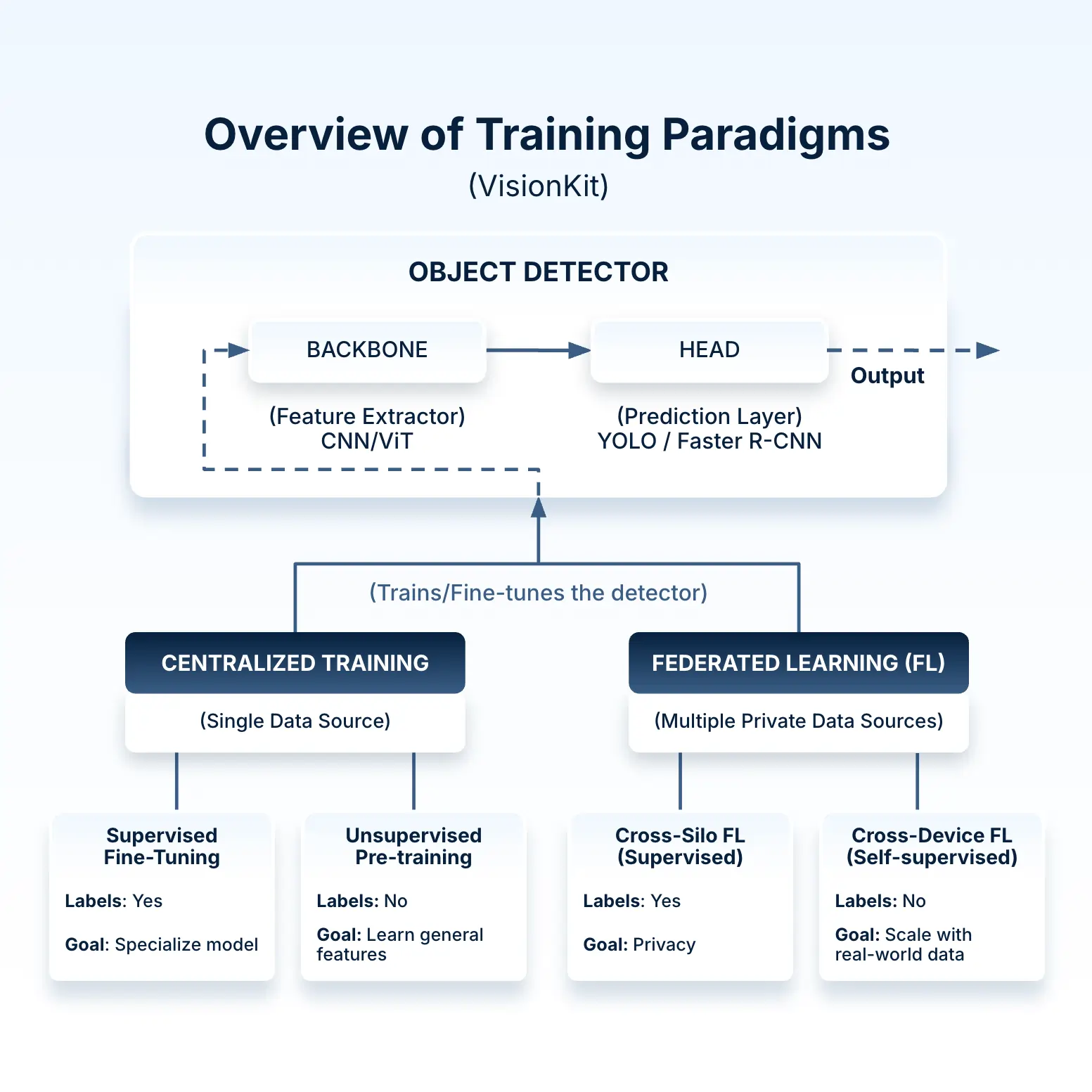



Scaleout Edge offers modular toolkits that extend the core platform with targeted functionality for specific use cases.
We design these kits to solve domain-specific challenges and accelerate AI adoption across industries such as defense, manufacturing, healthcare, and critical infrastructure.


Purpose-built federated learning solutions for sectors with unique edge computing challenges



%201%20(2).webp)

We support diverse federated learning initiatives with partners including SAAB, the Swedish Defence Materiel Administration (FMV), NATO DIANA, Scania, Eurocontrol, and other leading organizations.

Scaleout's FEDAIR project for NATO's DIANA programme enables secure, decentralized ML model updates in conflict zones, allowing adaptation without compromising sensitive data.
Watch video »